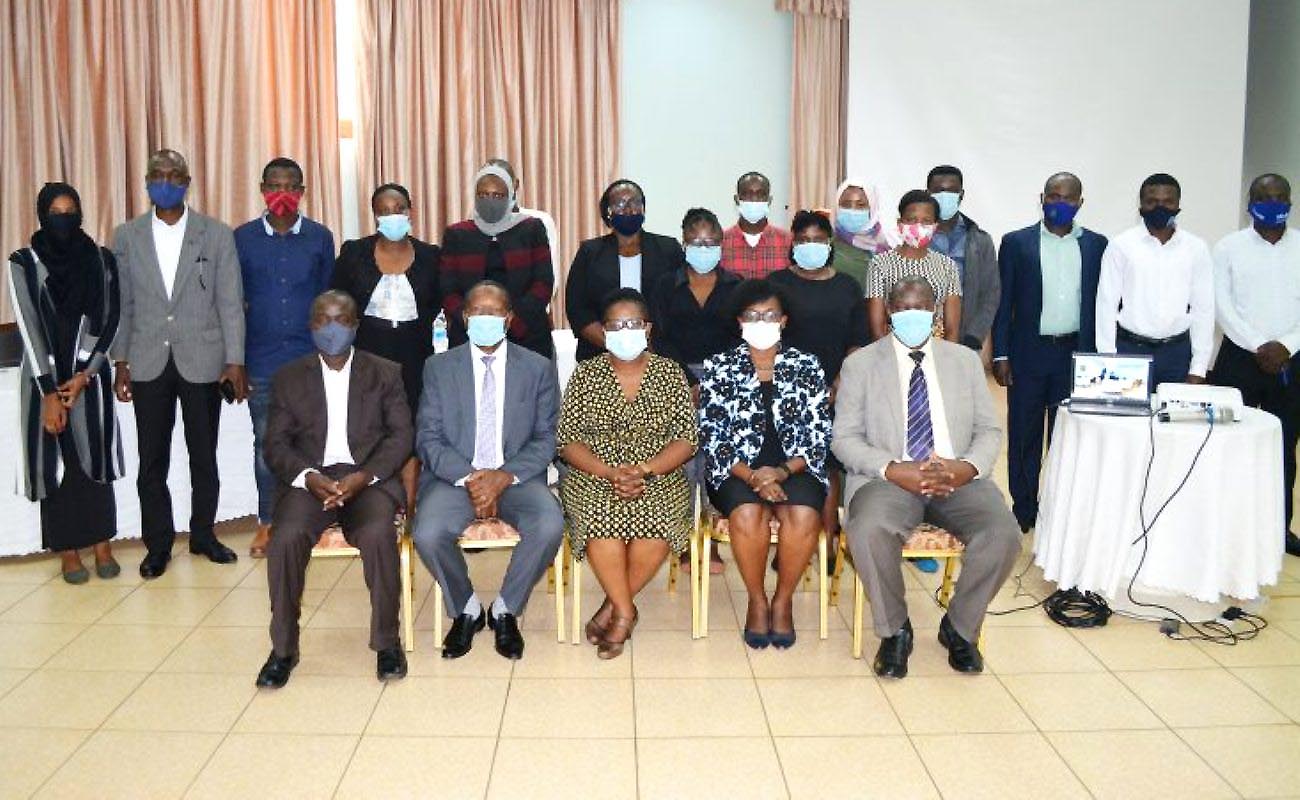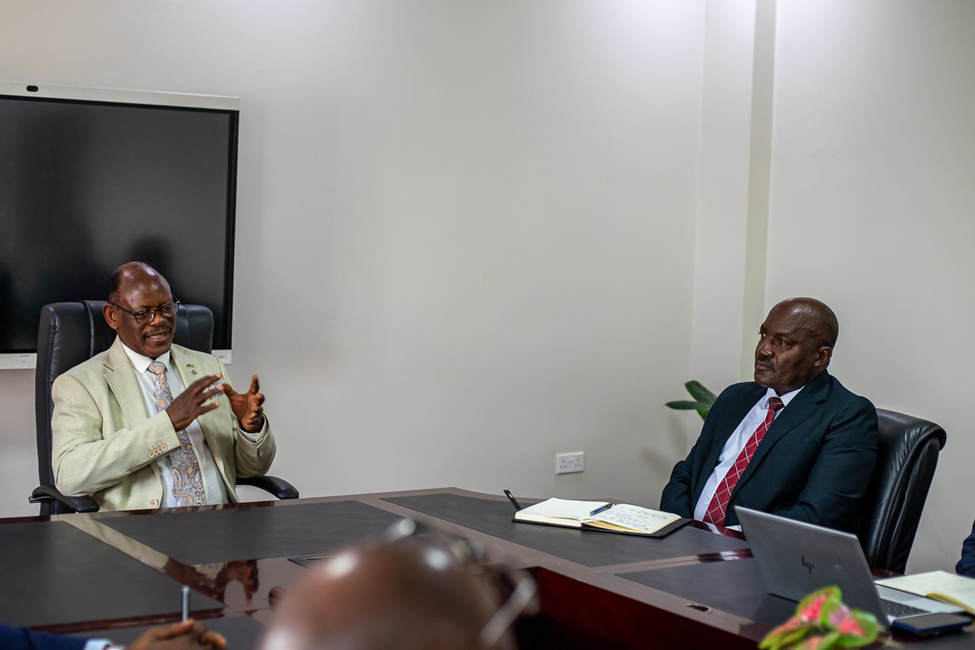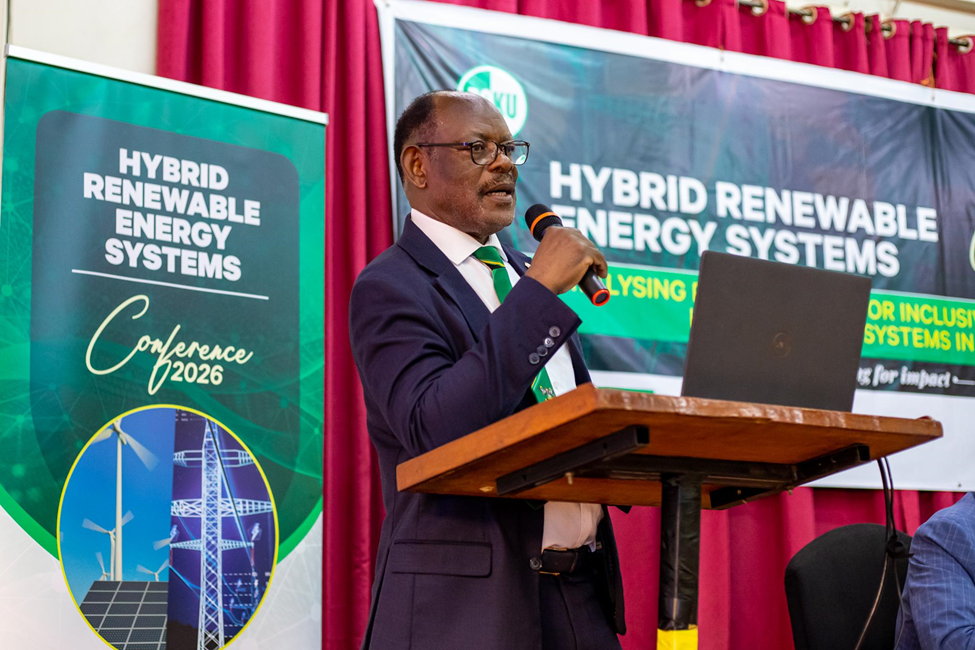Engineering, Art & Tech
Land Tenure System: A Challenge for Urban Development and Service Delivery in GKMA

Engineering, Art & Tech
Makerere University and University of Warwick Strengthen Ties in High-Level Visit
Engineering, Art & Tech
Makerere and BOKU University Strengthen Ties at Hybrid Renewable Energy Systems Conference
Engineering, Art & Tech
Makerere’s Exhibition Show cases Art as a catalyst for Decolonisation
-

 Humanities & Social Sciences1 week ago
Humanities & Social Sciences1 week agoMeet Najjuka Whitney, The Girl Who Missed Law and Found Her Voice
-

 General1 week ago
General1 week ago76th Graduation Highlights
-

 Health2 weeks ago
Health2 weeks agoUganda has until 2030 to end Open Defecation as Ntaro’s PhD Examines Kabale’s Progress
-

 Agriculture & Environment2 weeks ago
Agriculture & Environment2 weeks agoUganda Martyrs Namugongo Students Turn Organic Waste into Soap in an Innovative School Project on Sustainable Waste Management
-

 General2 weeks ago
General2 weeks agoMastercard Foundation Scholars embrace and honour their rich cultural diversity















